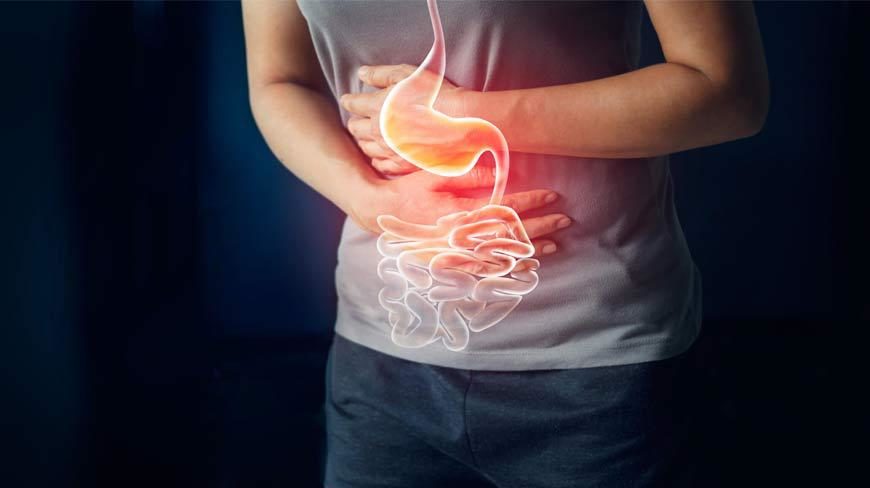
Imagine waking up every morning, dread settling in your stomach, a persistent discomfort you can’t shake off. It’s not just you. Many people share this battle, a silent war waged against their own bodies. Here, we’re peeling back the layers on some common digestive disorders identified by the experts – gastroenterologists. We’re zeroing in on liver disease, a common ailment that many residents in Katy, Texas grapple with. So, let’s take this journey together and uncover the truth about liver disease Katy and other prevalent digestive conditions.
What is Liver Disease?
Liver disease is a broad term. It covers everything from mild liver inflammation to severe liver failure. The effects can be temporary or chronic, leading to significant changes in your health and lifestyle.
Common Digestive Disorders
However, liver disease is not the only digestive disorder we face. Other common conditions include:
- Gastroesophageal reflux disease (GERD) – This condition happens when stomach acid frequently flows back into the tube connecting your mouth and stomach, causing acid reflux.
- Gastritis – This involves inflammation, erosion, or irritation of the lining of the stomach. It can be acute or chronic.
- Peptic Ulcers – Ulcers that develop in the lining of the stomach, upper small intestine or esophagus.
The Role of a Gastroenterologist
A gastroenterologist is a doctor specializing in the digestive system and its disorders. Their work revolves around the diagnosis and treatment of conditions affecting the gastrointestinal tract, which includes organs from mouth to anus.
The Symptoms to Watch Out For
Common symptoms of digestive disorders include stomach pain, heartburn, bloating, and nausea. However, each condition has its own specific signs. For liver disease, symptoms could include jaundice, abdominal pain and swelling, itchy skin, dark urine color, and chronic fatigue.
Prevention and Treatment
Prevention is always better than cure. Maintaining a healthy lifestyle, eating a balanced diet, exercising regularly, and limiting alcohol intake can help keep these conditions at bay. But if you’re already experiencing symptoms, it’s crucial to seek medical attention promptly. Treatments vary depending on the specific condition and its severity, but they often involve medication, lifestyle modifications, or in severe cases, surgery.
Conclusion
Living with a digestive disorder isn’t easy. It’s a daily struggle that affects your comfort, mood, and overall quality of life. However, with the right information, preventative measures, and timely medical intervention, these conditions can be managed effectively. And that’s the first step to regaining control over your health.




